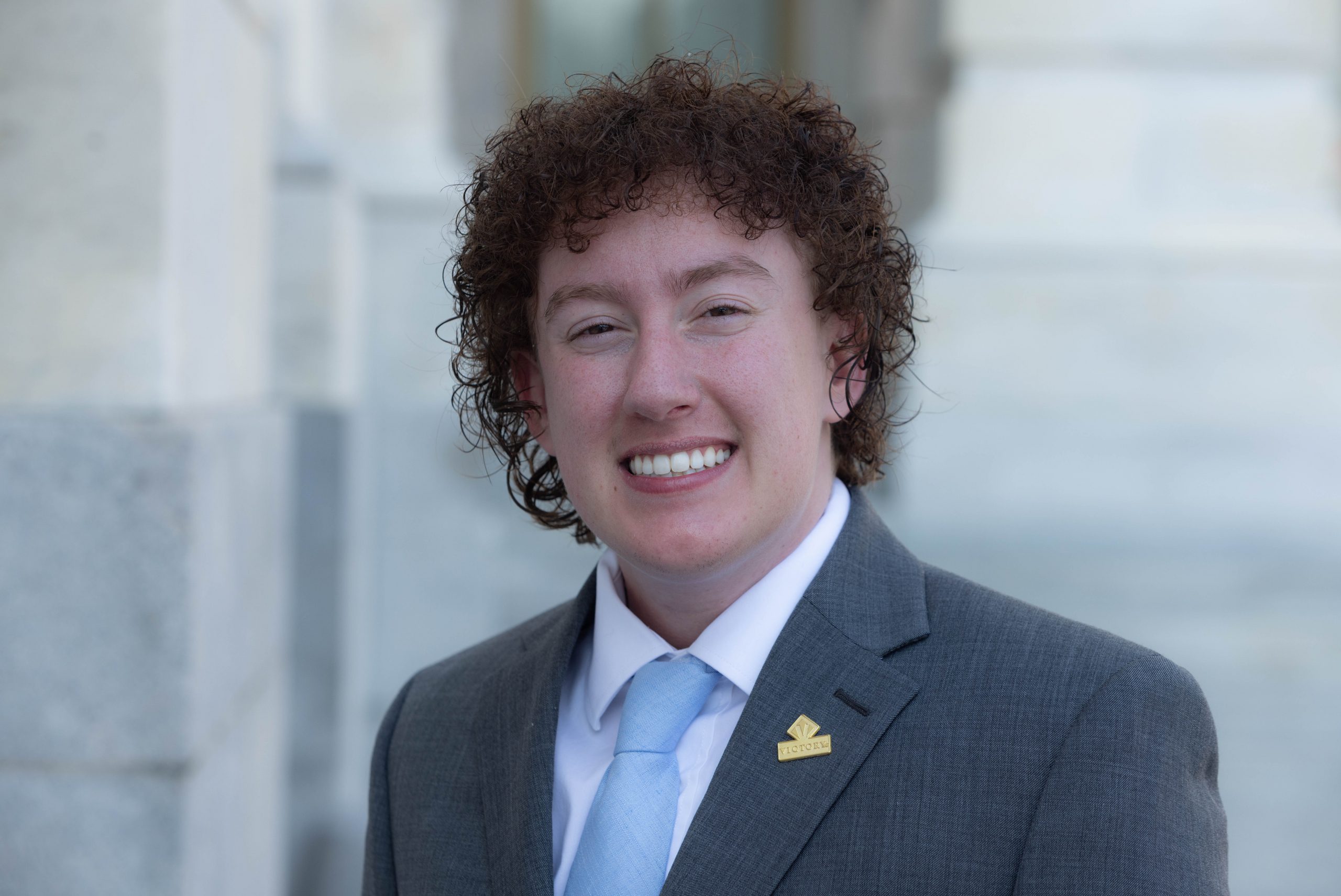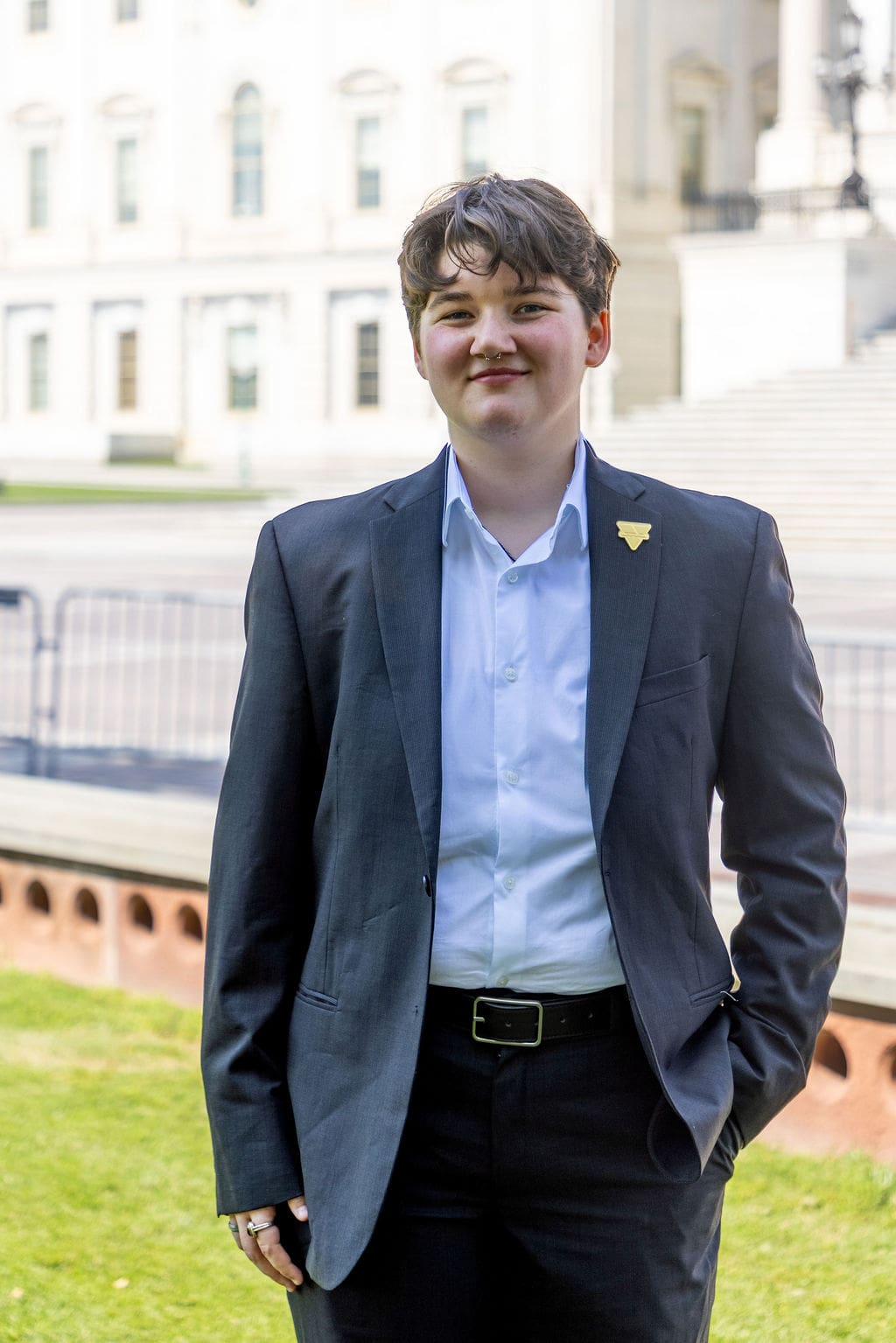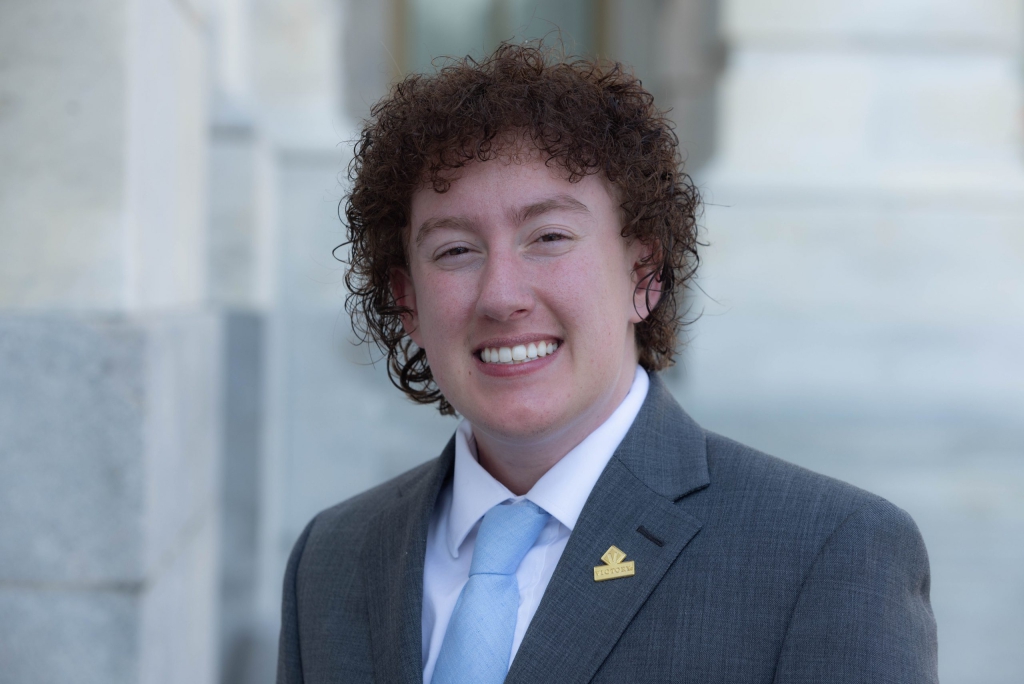
OUT ON THE HILL is the official blog of the Victory Congressional Interns. Views expressed do not necessarily reflect those of LGBTQ Victory Institute. Learn more about the internship at victoryinstitute.org/vci.
———————————–
When I was a kid, I wanted to be a librarian because I loved to read and even though I did not know the job description or responsibilities, “librarian” was my favorite word and spending your day in a room full of books made it seem like the ideal job for me. I would renovate my room into a mini library and make my siblings and parents pay a dollar to get in– although, I never made much of a profit as they would all ask to borrow the same first dollar my mother had paid as her entrance fee.
After a few years, my career path changed. I loved to learn and thought I would make a pretty great teacher. I decided I would be an author– no, scratch that– I will become a lawyer. But that did not really stick either. With each “career change” I was as adamant as the last that this was it. This was what I was going to do and love for the rest of my life.
I would spend countless hours thinking about the future because I thought of the future as something within my control. I constantly obsessed over what I was going to be, why I decided on X career over Y career, and how I was going to get to where I wanted to be. School always came easy to me; I was a straight A student and like many students, I relied on academic validation to prove to myself I was smart or hardworking or at least going in the right direction.
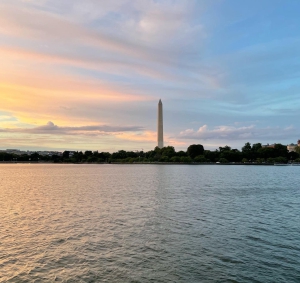 Something changed around middle school or high school. I always knew something about me was different but I always chalked it up to me being a teenager. Everyone hates themselves and no one thinks they are pretty, and yet, here I was with an identical twin who was beautiful inside and out and I could never get myself to think of myself in that light.
Something changed around middle school or high school. I always knew something about me was different but I always chalked it up to me being a teenager. Everyone hates themselves and no one thinks they are pretty, and yet, here I was with an identical twin who was beautiful inside and out and I could never get myself to think of myself in that light.
Like so many queer kids in my generation, I found out about different LGBTQ identities through a lot of “Coming Out” videos. I would cry to them and support my friends when they came out. It was okay for them to be gay or bisexual or transgender but that just was not me.
Time passed and that deep rooted otherness I felt inside me continued to grow. As I went through puberty, those moments of realization that this discomfort was not going away turned my focus from the future to the present.
I could not think of my future because I could no longer envision a future of the person I had been for the last fifteen years. I decided to come out as a queer transgender man to family and friends.
“When I see a future in which I am happy, I see myself as a man. A husband. A father,” I would explain to perplexed loved ones. Even though none of them really understood, they all knew I was unhappy and had been for a very long time.
“Life is going to be hard,” my grandma would cry and I would do my best to gently explain why life was already hard. I felt alienated from my body, hearing people refer to me as a girl or woman made me want to rip off my skin and I could not risk a glimpse of myself in the mirror after a shower unless I wanted to trigger a meltdown.
Throughout my transition, I learned something else I wanted to do. I wanted to change the way people perceive the LGBTQ community and, to a certain extent, how LGBTQ individuals viewed themselves. I hated how my gender was defined by dysphoria rather than euphoria. I hated how people would give side eyes to my boyfriend and I as we held hands (like any other high school couple) and walked down the hall. I hated how I was denied hormonal therapy because I liked boys and most of all I hated that hatred was so omnipresent towards the LGBTQ community– a community whose very foundation is love.
Coming out changed me because it became more about what I wanted to do then what I wanted to be. This is what drew me to the LGBTQ Victory Institute. I saw an opportunity to increase representation in a government in which LGBTQ individuals have been woefully underrepresented. The Victory Congressional Institute (VCI) has taught me more about LGBTQ history over the last two weeks when we have spent learning about activists who have made a program like this possible.
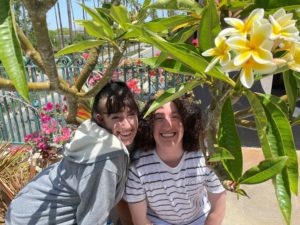 We learned more about intersectionality– how having multiple underrepresented or marginalized identities can affect the types of discrimination or disadvantages one faces. Many of the forerunners of the LGBTQ rights movement have intersectional identities such as Marsha P. Johnson, a black transgender woman who provided homes to countless queer individuals while she was alive.
We learned more about intersectionality– how having multiple underrepresented or marginalized identities can affect the types of discrimination or disadvantages one faces. Many of the forerunners of the LGBTQ rights movement have intersectional identities such as Marsha P. Johnson, a black transgender woman who provided homes to countless queer individuals while she was alive.
During VCI workshops these past two weeks, we have learned about the importance of activism, of amplifying the voices that need to be heard and about how we can help make history by being out and proud in the workplace.
I still do not know what I want to be. I honestly doubt anyone has a foolproof plan for life as it changes at the drop of a hat. Coming out changed my life trajectory in ways I never would have imagined, and this internship has introduced me to new concepts and careers that change the trajectory yet again. VCI is teaching me to be okay with uncertainties and to be excited about being able to chart my own path. I do not obsess over the future anymore, although I have my moments.
If my younger self could see me now, I know she would be proud– and that alone lets me know I am taking steps in the right direction.
